Lee Carsley’s increasingly bizarre England audition opens up more questions
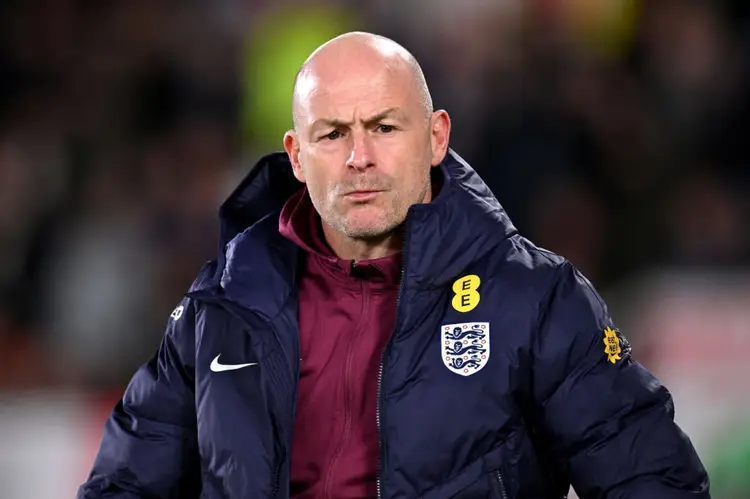
Subscribe To Miguel Delaney’s Free Newsletter
Subscribe To Miguel Delaney's Free Newsletter
Subscribe To Miguel Delaney's Free Weekly Newsletter
I would love to receive emails about promotions, events, and news from The Independent. Please check our privacy policy for more details.
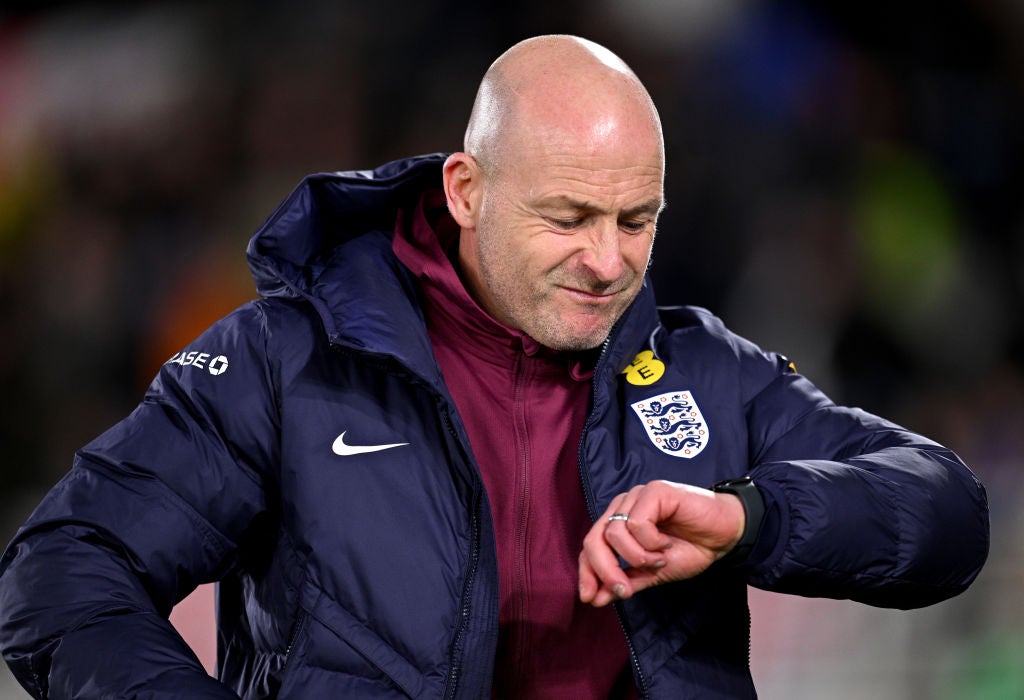
Following a positive development on the field, Lee Carsley managed to mess things up again.
That characterization might be a bit tough on an interim manager who is leading a team during a relatively good period. However, it has become more and more puzzling why he continues to waver on the most important question: whether he actually wants to take the job permanently.
In Helsinki, following a 3-1 victory against Finland, Carsley made things a bit uncomfortable by stating that the England position "calls for a top-tier coach with a proven record of winning titles."
Clearly, that doesn't apply to him at the moment, which is why this statement was first understood as Carsley suggesting that he won't be the one receiving the full-time position.
When he was questioned about whether he was eliminating himself from consideration, he responded with a clear “definitely” not.
If you're finding this topic a bit dull, it's worth noting that the conversation continues because his remarks keep prompting further inquiries. It's as if Carsley is perpetually creating new topics to explore, much like how Trent Alexander-Arnold consistently breaks through defenses. Considering how crucial this conversation is for the preparations for the 2026 World Cup, it can be far more compelling than watching Nations League B2.
It's puzzling why Carsley doesn't take a firm stance and move forward, especially since it's clear that's what he desires. There's really no need for him to make these new comments that just provoke confusion.
It's even more surprising since, unlike the diplomatic Gareth Southgate, Carsley is a coach who is eager to take on the coaching role. While he may not have a definitive vision for the future, he clearly understands what he wants for this team.
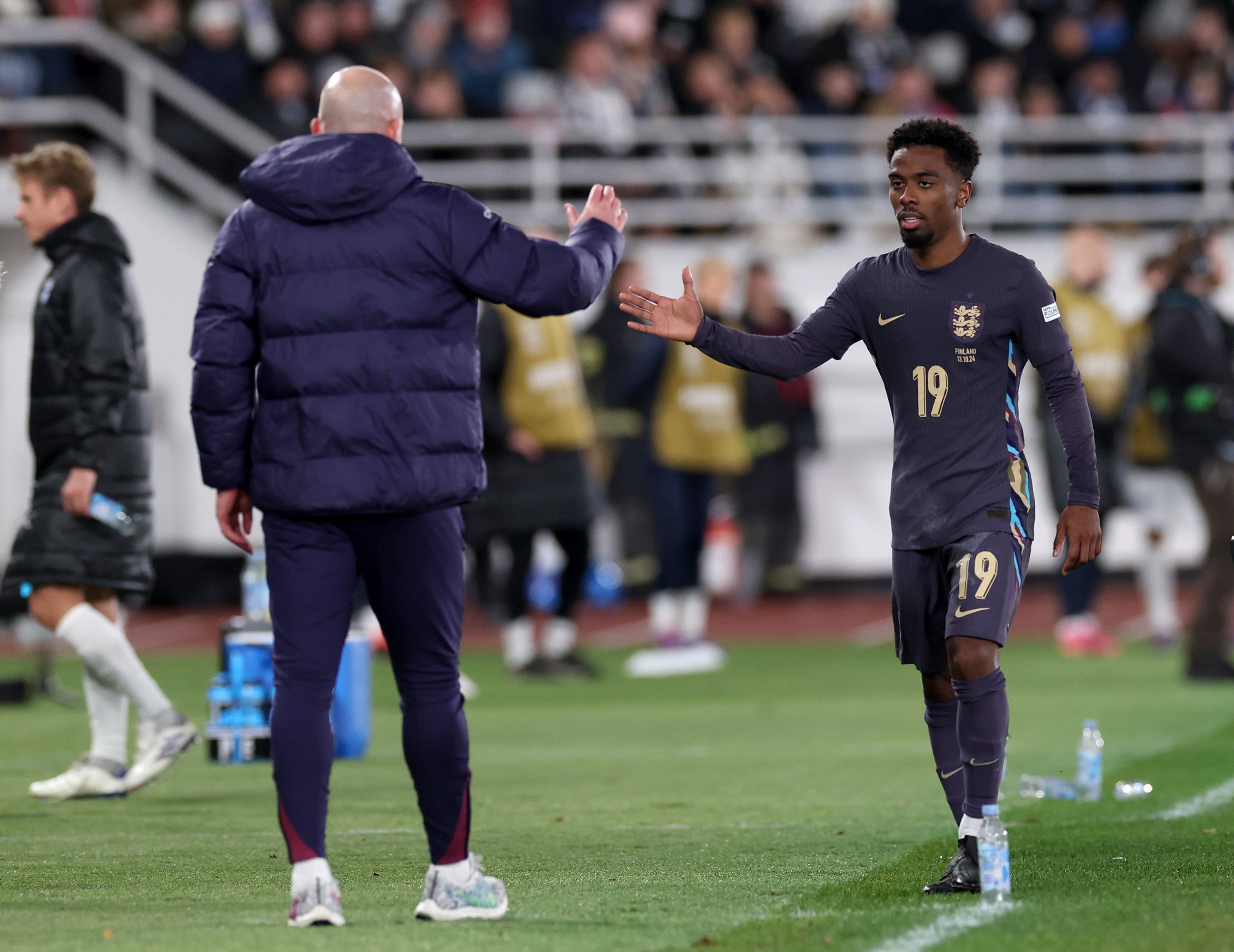
In this Nations League campaign, he is focusing on figuring out the subtle details that will fully realize his vision. This is a key reason why England didn't perform as strongly during this international window compared to the previous one. It may have also raised some uncertainty about his chances of keeping the position in the long run. His remarks to the media have only added to this ambiguity.
Could the pressure of his high-profile position be affecting him when it comes to public speaking? Does his modesty make him feel like he lacks the authority to simply declare, “I want this”? Instead, he only feels comfortable expressing that he wants to maintain an “open mind.”
He has made it clear that he is doing the same with the team. Although the trials so far haven't been flawless, they have provided him with more choices and a better understanding of what functions well. Alexander-Arnold clearly stands out as the team's primary playmaker, even when playing in a traditional left-back position. Jack Grealish, who scored the opening goal, seems to be the most compatible with Carsley’s style among all the playmakers available. On the other hand, Angel Gomes is proving to be increasingly vital to the team.
The situation is a bit unusual. When it comes to raw talent and rank within the England team, Gomes ranks quite low, overshadowed by many bigger names. However, he may actually be one of the most strategically important players and possibly one of a kind. Carsley’s style of play, which is shaped by Pep Guardiola’s positional-pressing philosophy, relies on having a midfielder who can distribute the ball effectively and act as a central point around which the entire team can revolve. Gomes is among the few who can fulfill that crucial role.
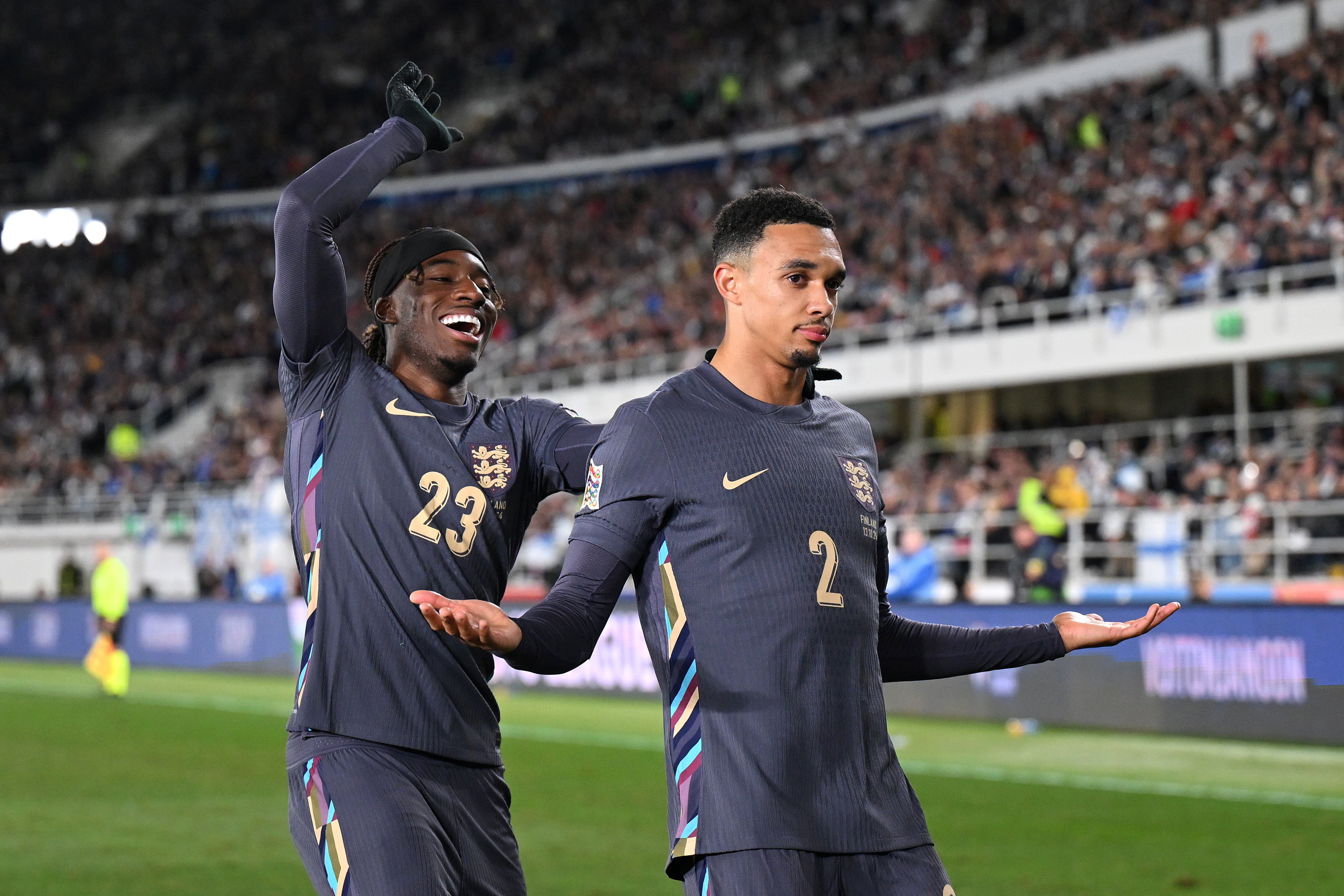
The Lille midfielder quickly brought structure to the team, which was a stark contrast to the disorder seen in Thursday night's match against Greece. It wasn't just about the controlled, methodical passes, either. His exquisite assist for Grealish’s goal highlighted a higher level of play in his game. That was an excellent display of Carsley’s style of football.
It's not without its flaws, though. A moment near the end highlighted this. Gomes lost possession, leading to one of several Finnish offensive plays, which proved he wasn't the only one at fault. Ultimately, it boils down to the numbers. Carsley prefers players who succeed with 95 out of 100 passes rather than those who play it safe or, even worse, lack that skill entirely.
It highlighted the key aspects of England's style of play. A frequent occurrence under Carsley has been Gomes's short passes, which are perfectly supported by Alexander-Arnold’s freedom to showcase his various crossing abilities. While Gomes opts for quick, short plays, the Liverpool player can deliver the ball anywhere it’s required. He executed a precise slide-rule pass, several long cross-field passes, and even a cross reminiscent of David Beckham's famous style.
All of that came together in a Beckham-style free kick, as Alexander-Arnold secured the victory with his stunning shot. It was flawless.
It all began with an unexpected position for left-back, even though Carsley hinted at this during the squad announcement last week. But it's debatable whether you can truly call it left-back. Alexander-Arnold was allowed to move freely and take on a playmaking role from that position. It was more than just a full-back drifting in; he was a playmaker exploring all areas of the field.
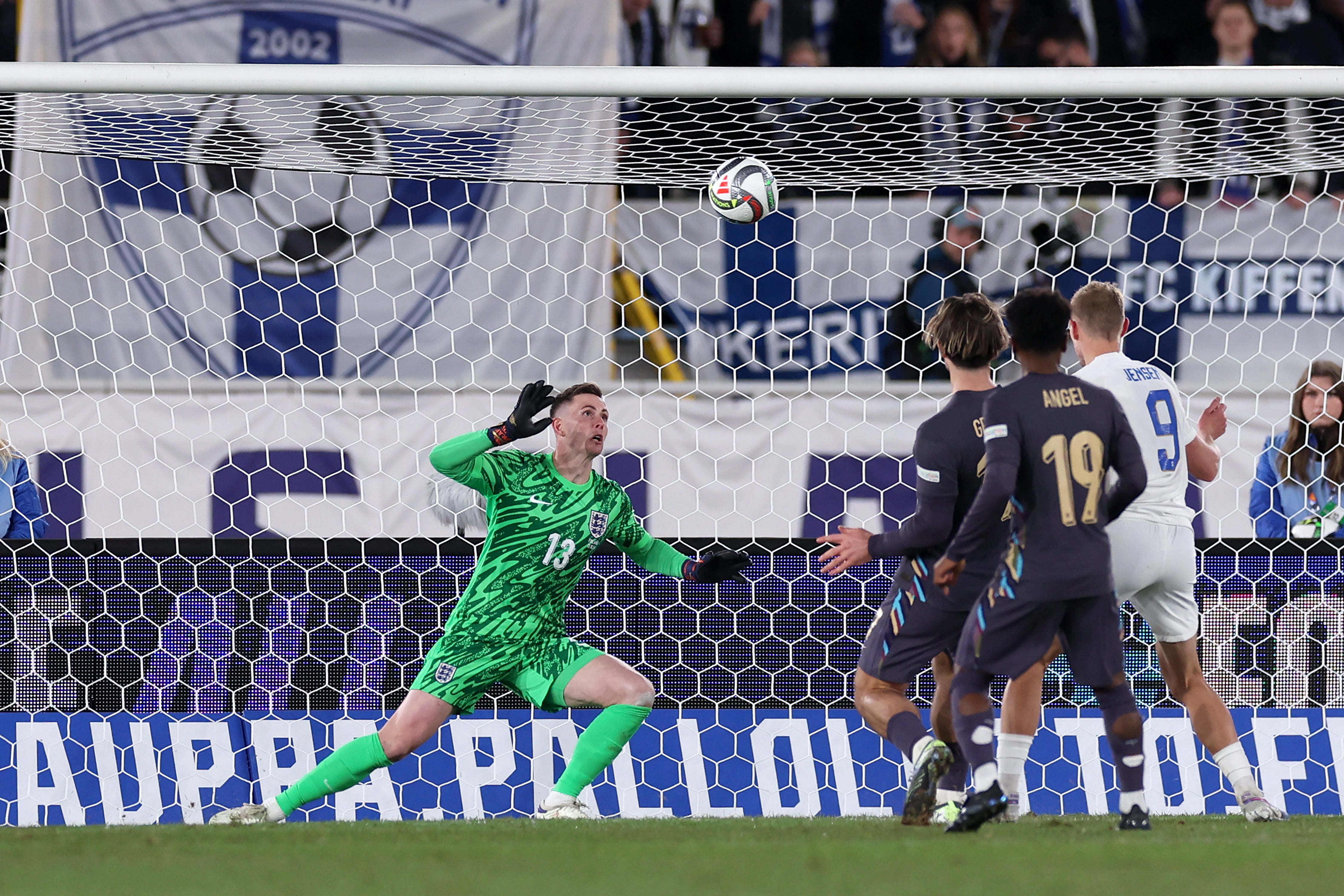
The only question is whether it will be effective against a stronger opponent.
The flexibility and diversity that Carsley promotes contribute to another aspect of his matches, which appears to be consistent no matter who the opponent is or how the game is structured. His team tends to give up several scoring opportunities.
That's why Gomes's back pass by itself wasn't particularly worrisome. The real issue was that England's lack of defensive structure makes any mistake appear more serious. Finland's Fredrik Jensen had two great opportunities to score. The home team, which is fairly average, could have taken the lead early on.
One can't help but speculate how a team like Spain or France might challenge that defense if Carsley were to take on the position permanently and adopt a similar playing style.
Arttu Hoskonen took advantage of one of those opportunities from a set-piece, which made it fortunate that England had loosened up their play. Declan Rice added to Grealish’s early goal and Alexander-Arnold’s free-kick with a clever flick after receiving a cross from Ollie Watkins.
By that point, the Aston Villa striker and Noni Madueke had entered the match to add some speed to England's play. This might have been a key element that was lacking in the earlier stages of the game, highlighting another challenge for Carsley to address. He chose to exclude Phil Foden from the lineup and brought back both Grealish and Harry Kane, especially since Bukayo Saka was unavailable.
Grealish is clearly thriving in his role, and his enjoyment under Carsley was evident in that goal. However, it felt like England had an abundance of players in the number 10 position. It’s worth noting that neither Jude Bellingham nor Cole Palmer made a significant impact. Bellingham had a few good passes and touches but didn’t create any real danger for Finland like he can when he’s at his peak. Meanwhile, Palmer managed just one shot in what was another largely unproductive outing for England.
Carsley has some challenges to address. In the meantime, it would be beneficial for him to establish a clear direction for his future. Doing so could help him concentrate on the coaching opportunities he truly desires.









































